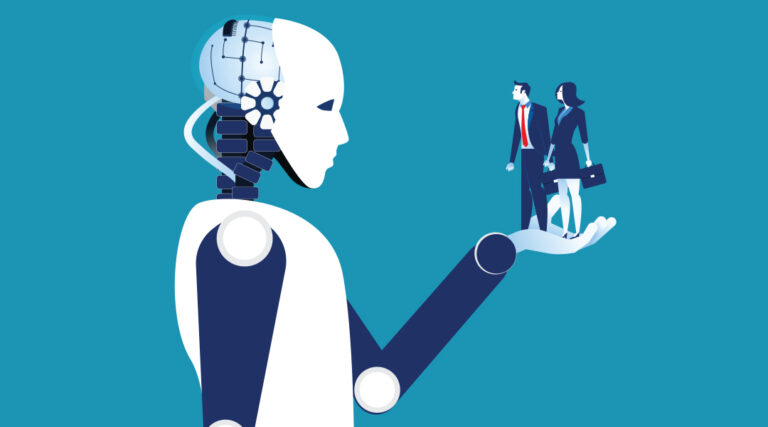
Microsoft and IBM have signed up to an AI ethics code promulgated by none other than his holiness, the Pope.
The Rome Call for AI Ethics was unveiled on Friday, courtesy of the Vatican Academy for Life at the conclusion of a three day conference on “The Good Algorithm”.
Rather than attempting to hold back progress – the Vatican arguably learned its lesson with Galileo here – the document notes that “AI offers enormous potential when it comes to improving social coexistence and personal well-being, augmenting human capabilities and enabling or facilitating many tasks that can be carried out more efficiently and effectively.” However, these results are by no means guaranteed.
It argues that the new technology “must be researched and produced in accordance with criteria that ensure it truly serves the entire ‘human family’ (Preamble, Univ. Dec. Human Rights), respecting the inherent dignity of each of its members and all natural environments, and taking into account the needs of those who are most vulnerable.” The aim is not only to ensure that no one is excluded, but also to expand those areas of freedom that could be threatened by algorithmic conditioning.
Showing that the denizens of St Peters are as fluent in tech speak as they are in Latin, it goes on to to say, “Given the innovative and complex nature of the questions posed by digital transformation, it is essential for all the stakeholders involved to work together and for all the needs affected by AI to be represented”.
“It is time to begin preparing for a more technological future in which machines will have a more important role in the lives of human beings, but also a future in which it is clear that technological progress affirms the brilliance of the human race and remains dependent on its ethical integrity.
And, they add, “In order for AI to act as a tool for the good of humanity and the planet, we must put the topic of protecting human rights in the digital era at the heart of public debate.”
The document goes on to define six principles for ethical AI: transparency; inclusion; responsibility; impartiality; reliability; security and privacy.
More importantly, the Holy See is canvassing for the drivers of the new technology to support these principles, and so far has gotten Microsoft and IBM to sign up.
Microsoft president Brad Smith, who signed on the company’s behalf, said, “Microsoft is proud to be a signatory of the Rome Call for AI Ethics, which is an important step in promoting a thoughtful, respectful, and inclusive conversation on the intersection of digital technology and humanity.”
IBM VP John Kelly, said, “Society will have more trust in AI when people see it being built on a foundation of ethics, and that the companies behind AI are directly addressing questions of trust and responsibility.”
Just how much of a broader affect the Vatican’s action will have remains to be seen. Google and Facebook were obvious omissions from last week’s confab. China is seen as one of the biggest drivers of AI innovation, and was, sort of represented, at last week’s shindig by Dongyu Qu, director general of the UN Food and Agricultural Organisation, and a former vice minister of China’s ministry of agricultural and rural affairs.
However, the chances of China’s companies and academics unequivocally signing up to an ethical programme dictated by the Vatican must surely be about the same as snowball’s chance in, well, you know where.
